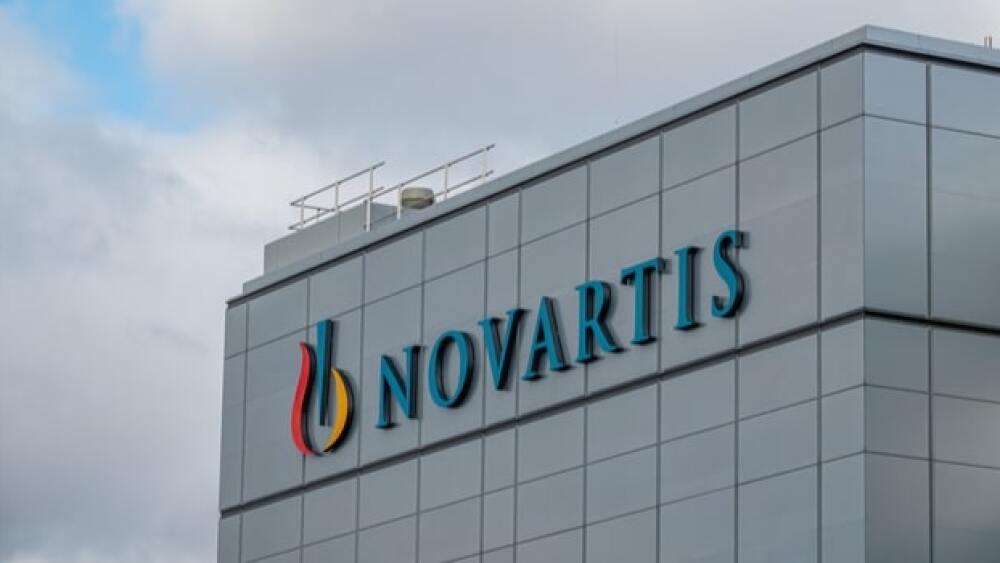Shares of Xencor, Inc. are down nearly 6% after the company announced Novartis terminated its rights to develop vibecotamab, a CD123 x CD3 blood cancer bispecific.
Taljat David/Shutterstock
Shares of Xencor were down nearly 6% after the company announced Novartis terminated its rights to develop vibecotamab, a CD123 x CD3 blood cancer bispecific, which was part of a 2016 collaboration valued at $2.6 billion.
Since the collaboration was first forged, Novartis has slowly stepped away from the partnership. In 2019, the Swiss pharma giant backed away from developing XmAb13676, a CD20 x CD3 bispecific antibody, following a strategic pipeline reprioritization. Now, Novartis is terminating rights to the vibecotamab program, effective February 2022.
In 2019, shortly after Novartis dumped development rights to XmAb13676, the other asset was hit with a partial clinical hold by the U.S. Food and Drug Administration. The CD123 x CD3 blood cancer bispecific was assessed in a Phase I study for acute myeloid leukemia. Two patients in the trial died.
CD123 is a tumor-associated antigen overexpressed on the surface of some tumor cells. The CD3 complex is a group of proteins on the surface of T-cells. Multiple companies have taken this approach against leukemia, but results have been less than encouraging.
In 2016, Janssen and Genmab saw a hold placed on their CD123 x CD3 candidate for acute myeloid leukemia. Cellectis also caught a clinical hold on two Phase I trials of its CD123 asset, UCART123.
Xencor announced Novartis’ decision in its third quarter financial report. The company stated that it would continue the ongoing study of vibecotamab, but it no longer intends further internal development of the drug once it is complete.
There is still hope that something from the partnership with Novartis could be salvaged through the development of another asset. Earlier this year, the larger company selected a candidate to develop. The outcome for that study is still off in the future.
Although the partnership with Novartis has taken a significant blow, Xencor could see fruit from a collaboration with Janssen. In October, the two companies entered into a partnership to advance the development of plamotamab and XmAb CD28 bispecific antibody combinations to treat patients with B-cell malignancies. Under terms of that deal, Janssen secured exclusive worldwide development and commercial rights to plamotamab, an investigational tumor-targeted XmAb bispecific antibody, currently in Phase I clinical development as a potential treatment for patients with CD20-expressing hematologic malignancies.
Xencor is paying 20% of costs, including those for a subcutaneous formulation study that is expected to enter clinical studies in 2022. In the meantime, Xencor will continue, at its own expense, the combination study of plamotamab, tafasitamab and lenalidomide.
Xencor is also partnered with Bristol Myers Squibb on the development of potential antibody treatment for COVID-19. The two companies will advance the development of Xencor’s Xtend Fc technology.
Featured Jobs on BioSpace





